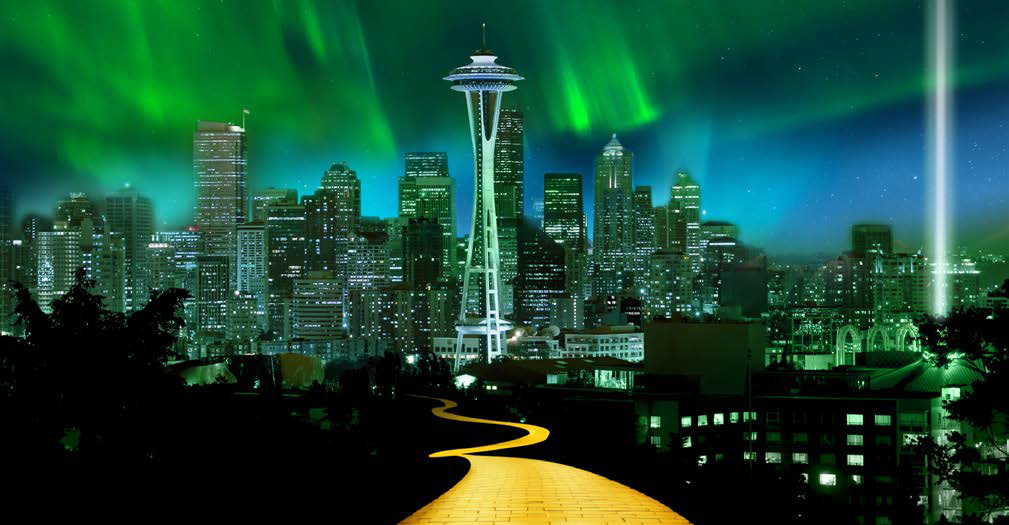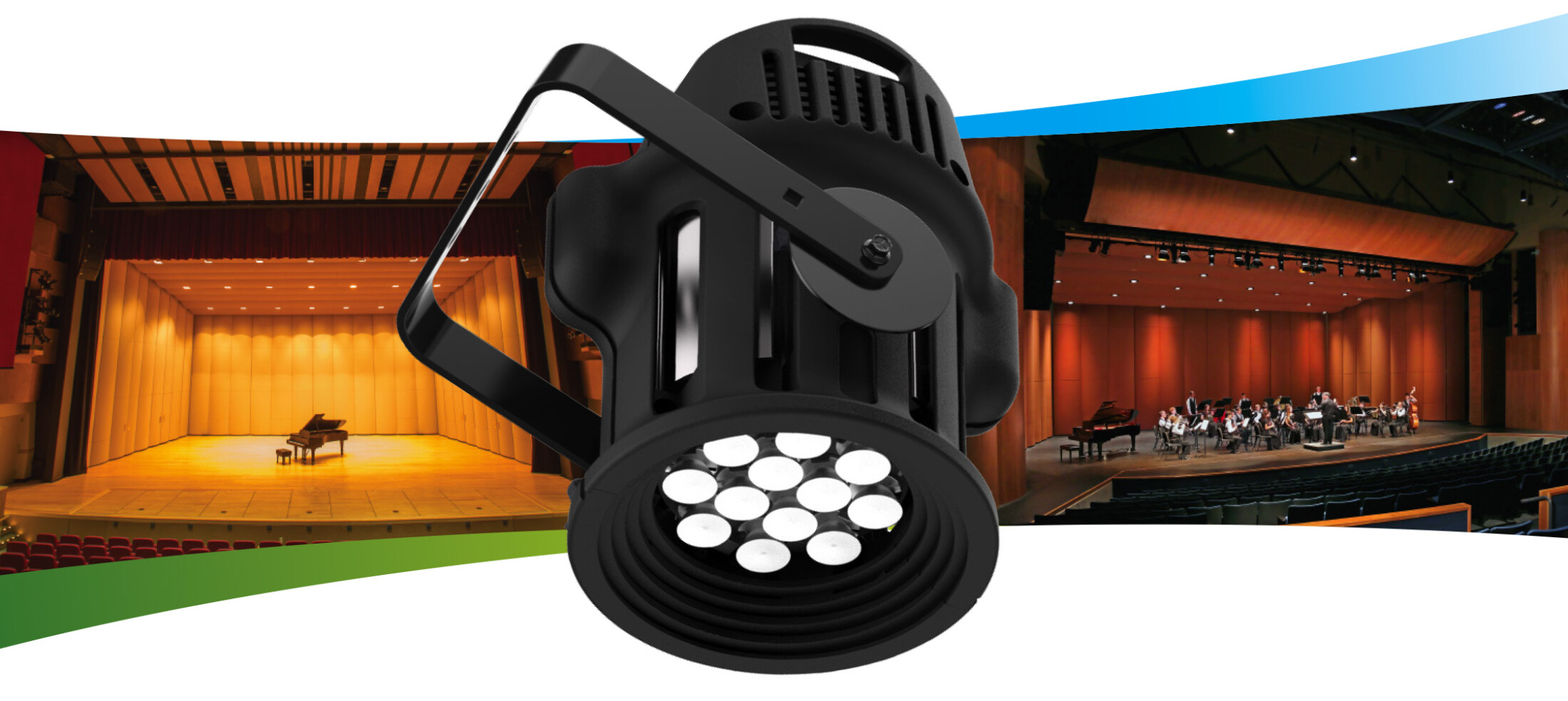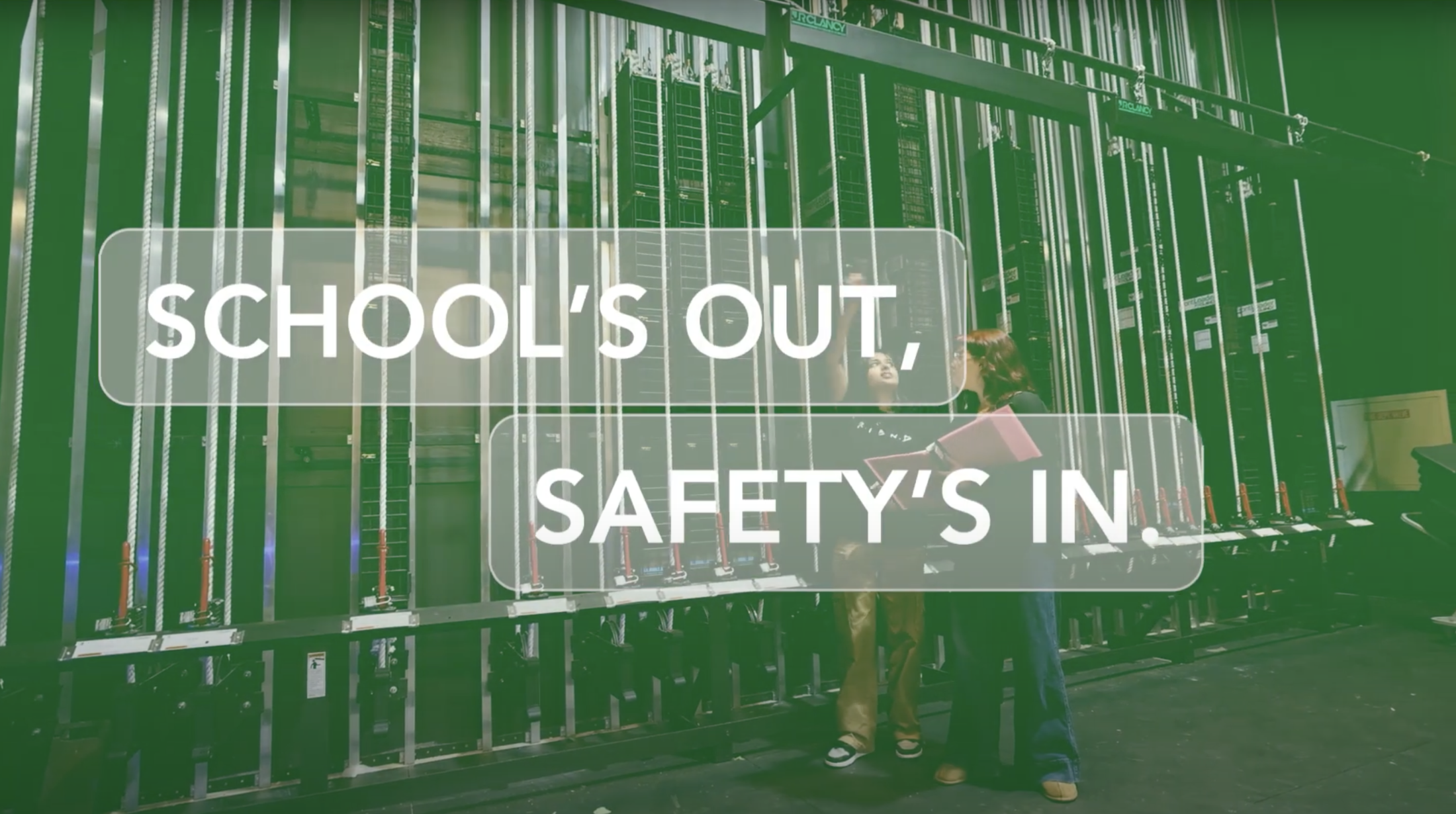 What makes the performing arts important? Providing audiences a restful oasis from the chaotic chatter of our technology-laden world? Inspiring musicians to make magic out of almost nothing? Two recent newspaper articles highlight these varying perspectives.
What makes the performing arts important? Providing audiences a restful oasis from the chaotic chatter of our technology-laden world? Inspiring musicians to make magic out of almost nothing? Two recent newspaper articles highlight these varying perspectives.
Sensory Deprivation. For affluent societies like the U.S., live performances, particularly classical music and opera, can offer audiences an escape from their hectic, hyper-connected lives. In his essay “The Concert Hall as Refuge in a Restless, Web-Driven World”, New York Times music critic Anthony Tommasini suggests that such cultural institutions celebrate this advantage to today’s audiences looking for refuge in “the current era of constant connectivity.” He writes:
The [marketing] message should be: Here is a chance to turn off your mobile phones, detach from the Internet and let your texts accumulate, so that you can cede control of a sensory experience to composers and performers.
In first-world countries, the performing arts may be considered just another entertainment option among a bounteous buffet: dining, cinema, sporting events, shopping, etc. Indeed, today’s home-entertainment systems can closely approximate a concert or cinematic experience in your own living room.
This critic’s marketing message is stated negatively: the performing arts promise the absence of technology – blissful isolation. Attending the opera or symphony is likened to floating in a sensory-deprivation tank, albeit wearing fancier clothes and maybe sipping a glass of wine at intermission.
Artistic Inspiration. To better appreciate the positive attributes of the performing arts, visit a third-world country where technology is much less pervasive. In the Democratic Republic of Congo, for example, the birth of a symphony orchestra became a dynamic force for change, providing musicians with a creative outlet that inspires audiences and nurtures national pride.
The Wall Street Journal profiled this country’s Kinshasa Symphony Orchestra, the largest orchestra in Central Africa; it’s comprised of 100 part-time instrumentalists. While the group debuted in 1994, they didn’t attract international attention until a 2010 German documentary. They’ve since toured in the U.S. and Europe.
Their humble beginnings lacked basic orchestral necessities like instruments, valve oil, reeds and sheet music. As substitutes for violin strings, they used bicycle brake cables or shredded telephone cables! While notoriety has provided travel opportunities and more supplies, conditions are still quite primitive. Termites sometimes consume the handmade instruments.
However, founder and conductor Armand Diangienda has already seen many positive ripple effects. Large numbers of parents have signed up their children for music lessons; the neighboring cities of Luanda and Brazzaville launched their own orchestras. The Journal article concludes with an account of him composing his fourth symphony, entitled “My Identity.” He describes it as ‘an anthem, an ode to traditional Congolese music. I want to put the Congo in classical music.’
Rather than offering an escape from modern society like the New York music critic suggests, Diangienda’s orchestra enables the Democratic Republic of Congo to draw closer to first-world status. In doing so, this unassuming ensemble is also showing affluent countries the passion and determination that make the performing arts truly inspiring.











